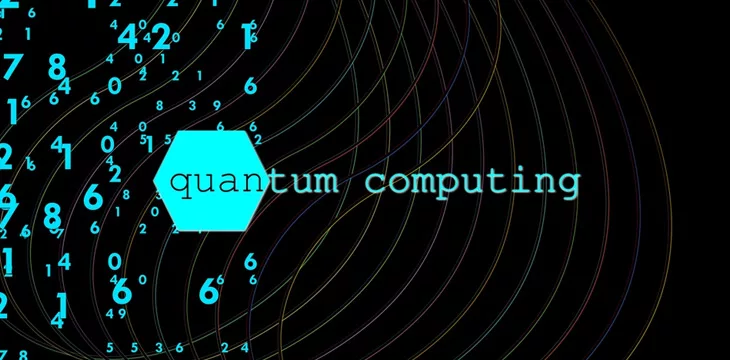|
Getting your Trinity Audio player ready...
|
QuEra, a quantum computing startup, has unveiled ambitious plans to launch a “strategic roadmap” for quantum computers with 100 logical error-corrected qubits and 10,000 physical qubits by 2026.
The startup, founded by researchers from Harvard and the Massachusetts Institute of Technology (MIT), released its three-year roadmap after a series of technological breakthroughs and a funding round in 2023. Described as the “next frontier in quantum innovation,” QuEra’s blueprint is poised to bring it in direct competition with industry leaders like IBM (NASDAQ: IBM), Microsoft (NASDAQ: MSFT), and Xanadu.
QuEra aims to launch a computer with 10 logical qubits and an excess of 256 physical cubits. To mitigate the chances of error, QuEra’s quantum computer will feature a unique transversal gate capability, laying the foundation for future research and innovation.
“Today, we are taking a major step in this critical transition from quantum experimentation to true quantum computing value,” QuEra CTO Nate Gemelke said.
Before the end of Q2, QuEra says it will launch a logical qubit simulator for “assessing and preparing algorithms” for error correction.
If everything goes according to plan, the startup will launch an upgrade including 30 logical error-corrected qubits backed by 3,000 physical qubits.
“We are excited to leverage all the building blocks developed in past years—qubit shuttling, transversal gates, high-fidelity 2-qubit gates, and a zoned architecture—to deliver a world-leading system,” said QuEra CEO Alex Keesling. “It will allow us to collaborate with global partners to explore the vast potential of quantum computing and drive innovation across various sectors.”
In 2026, QuEra says it will roll out its third-generation quantum error-corrected model laced with 100 logical qubits, which it says will advance quantum computing “beyond the limits of classical simulation.”
Industry pacesetter IBM unveiled a 10-year roadmap envisaging 1 billion gates in 2033, aiming to achieve an error-corrected system. In the short term, the company says it will roll out quantum processors capable of running 15,000 gates by 2029 while hinting at mainstream applications for quantum computing.
Building upon a stellar 2023
QuEra’s blueprint follows a breakthrough year accentuated by the completion of a $30 million Series A funding round and an expansion of the firm’s Aquila processor for commercial use cases.
The company has bolstered its ranks with over 50 skilled engineers while snagging seasoned executives to pilot it into the next stage of rapid innovation.
Several groundbreaking research papers on emerging technologies published in 2023 have confirmed the viability of QuEra’s blueprint, cementing the firm’s status as a leading industry player in the near future.
In order for artificial intelligence (AI) to work right within the law and thrive in the face of growing challenges, it needs to integrate an enterprise blockchain system that ensures data input quality and ownership—allowing it to keep data safe while also guaranteeing the immutability of data. Check out CoinGeek’s coverage on this emerging tech to learn more why Enterprise blockchain will be the backbone of AI.
Watch Bitcoin15: Bitcoin’s Birthday and the future of scaling on Bitcoin

 02-23-2026
02-23-2026 




